Learn English
Improve Your Brain Power Through Heart Health
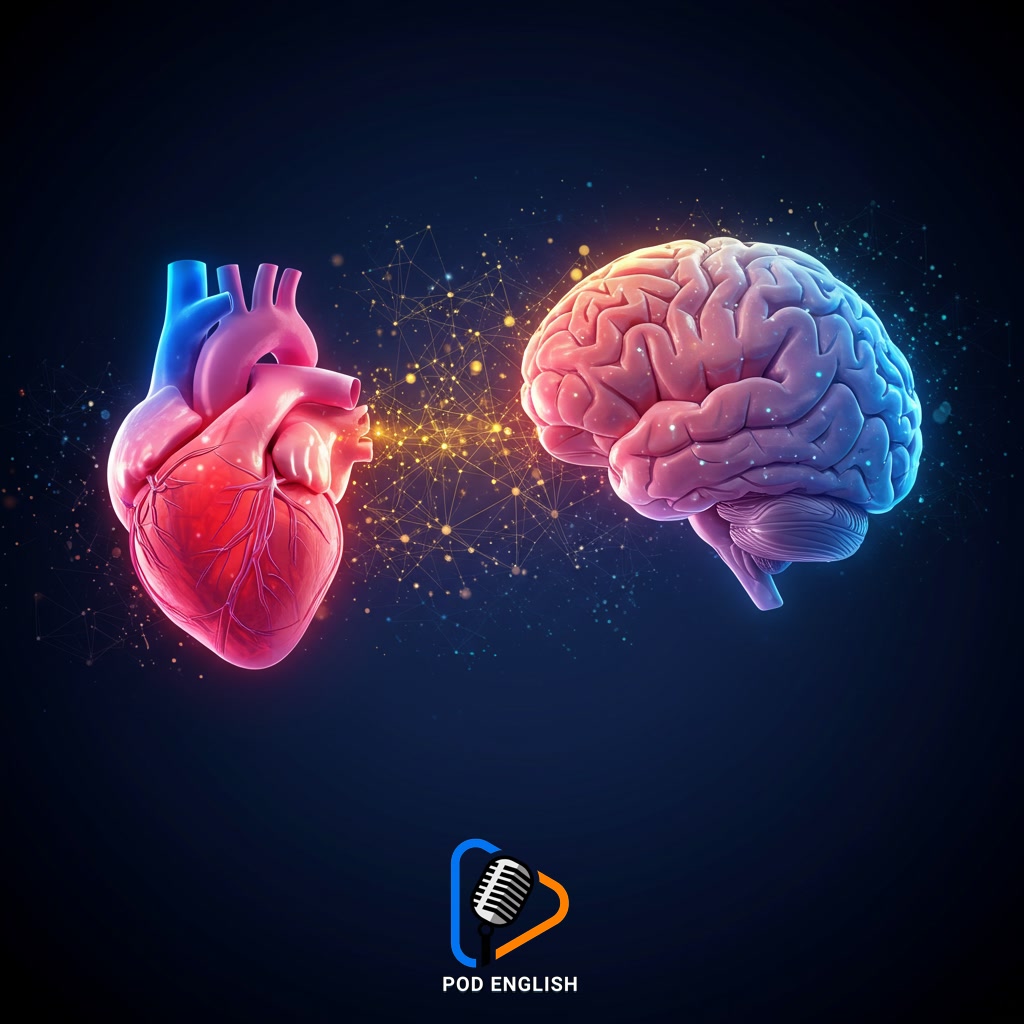
This content explores the vital connection between a healthy heart and optimal brain function. Maintaining cardiovascular health is presented as a key strategy for enhancing cognitive abilities and memory. It highlights practical steps individuals can take to support both heart and brain vitality, leading to improved mental performance.
Table of Contents
- Section 1: The Vital Link Between Your Heart and Brain
- Section 2: The Science Behind the Connection: How Heart Health Fuels Your Mind
- Section 3: Lifestyle Choices for a Healthy Heart and Sharp Brain
- Section 4: Protecting Your Brain: Understanding Risks from Poor Heart Health
- Section 5: Boosting Cognitive Functions: Enhancing Memory, Focus, and Learning
- Section 6: Putting It All Together: Practical Steps for Brain-Boosting Heart Health
Section 1: The Vital Link Between Your Heart and Brain
Your heart and brain share a crucial connection that is fundamental to your overall health and cognitive function. The heart’s primary role is to pump oxygenated blood, rich in nutrients, throughout your body. This vital supply is absolutely essential for the brain, which requires a constant and significant flow of blood to perform its complex tasks, such as thinking, learning, remembering, and processing information. If your heart is healthy and pumps blood efficiently, your brain receives the oxygen and nutrients it needs to operate at its best. Conversely, poor cardiovascular health can reduce blood flow to the brain, potentially impacting cognitive abilities. Understanding this vital link highlights why maintaining a healthy heart is a key strategy for supporting a sharp and functional brain.
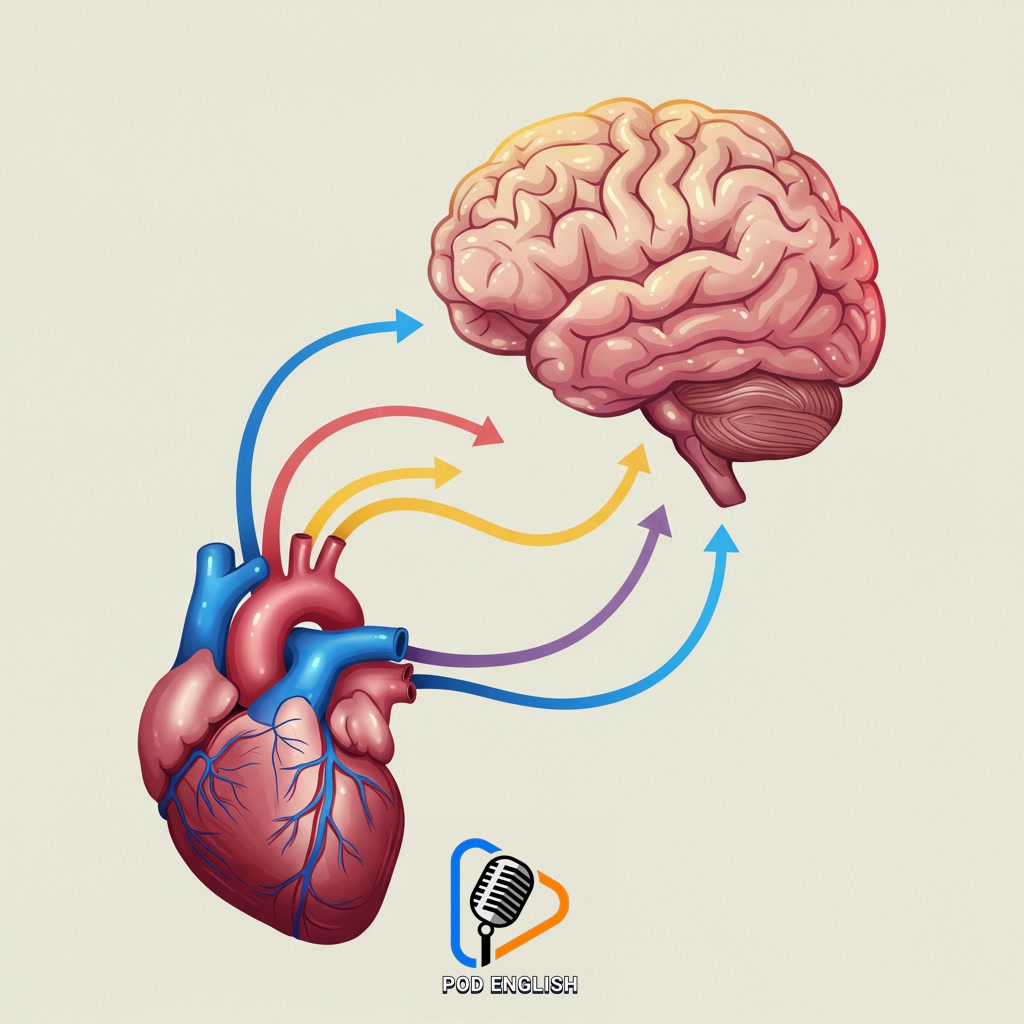
Section 2: The Science Behind the Connection: How Heart Health Fuels Your Mind
Building on the idea of the heart pumping oxygenated, nutrient-rich blood, this section delves into the critical scientific link between cardiovascular health and brain function. The brain is a highly demanding organ, requiring a constant and robust supply of oxygen and glucose delivered via the bloodstream. A healthy heart efficiently pumps blood, ensuring optimal circulation to the brain’s complex network of neurons. This steady flow provides the vital energy and building blocks necessary for cognitive processes like memory formation, problem-solving, and learning. Conversely, poor heart health, such as high blood pressure or clogged arteries, can restrict blood flow, potentially depriving brain cells of essential resources and leading to impaired function over time. Thus, maintaining a strong cardiovascular system directly supports the brain’s ability to operate at its best.
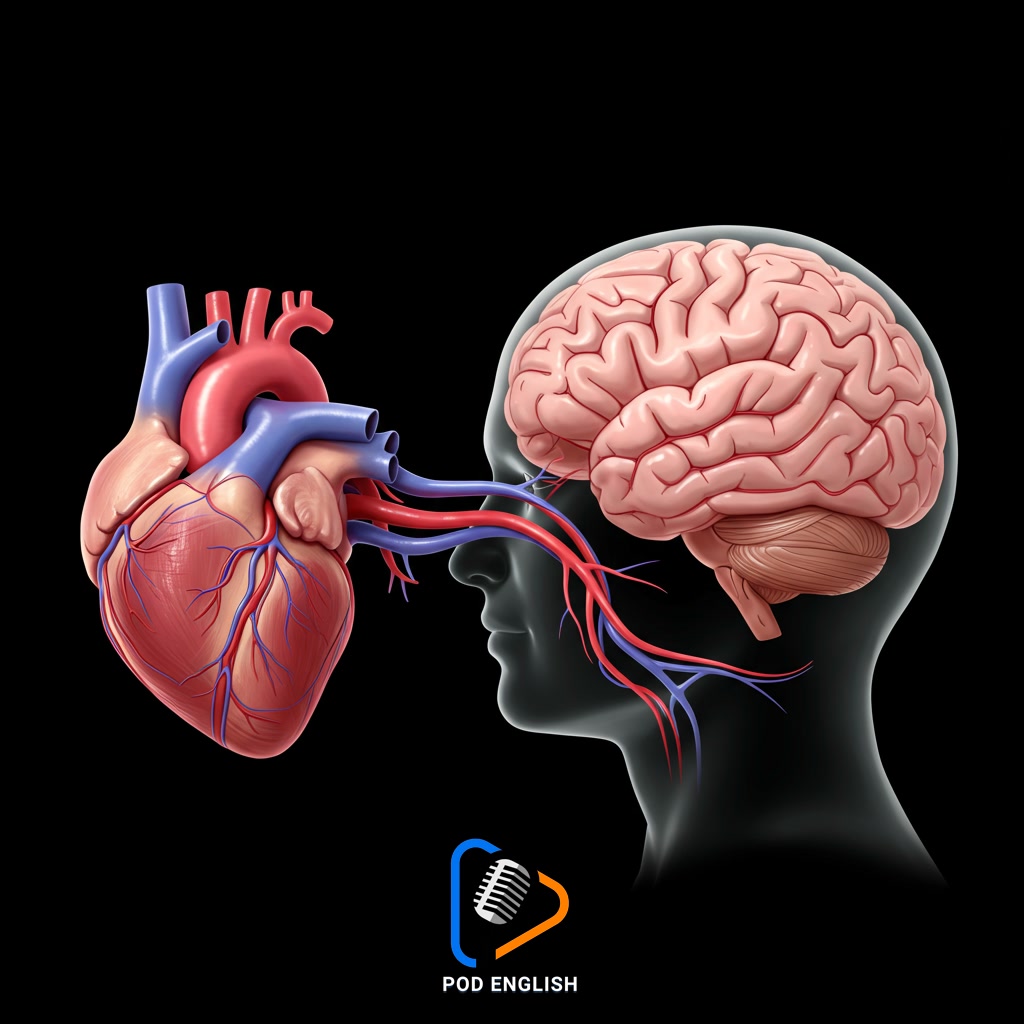
Section 3: Lifestyle Choices for a Healthy Heart and Sharp Brain
Building on the scientific link, adopting healthy lifestyle habits is crucial for supporting both your cardiovascular system and your brain. Regular physical activity, for instance, improves blood flow, benefiting both organs by ensuring they receive ample oxygen and nutrients. A balanced diet rich in fruits, vegetables, whole grains, and lean proteins provides essential nutrients and antioxidants that protect cells and reduce inflammation, crucial for optimal heart function and cognitive health. Getting enough quality sleep allows the brain to consolidate memories and clear waste products, while managing stress through techniques like mindfulness or meditation helps lower blood pressure and reduce the impact of stress hormones on the brain. Avoiding smoking and limiting alcohol intake are also vital steps. By making conscious choices about what you eat, how you move, and how you manage stress, you directly invest in a healthier heart and a sharper mind, supporting your overall well-being and cognitive abilities.
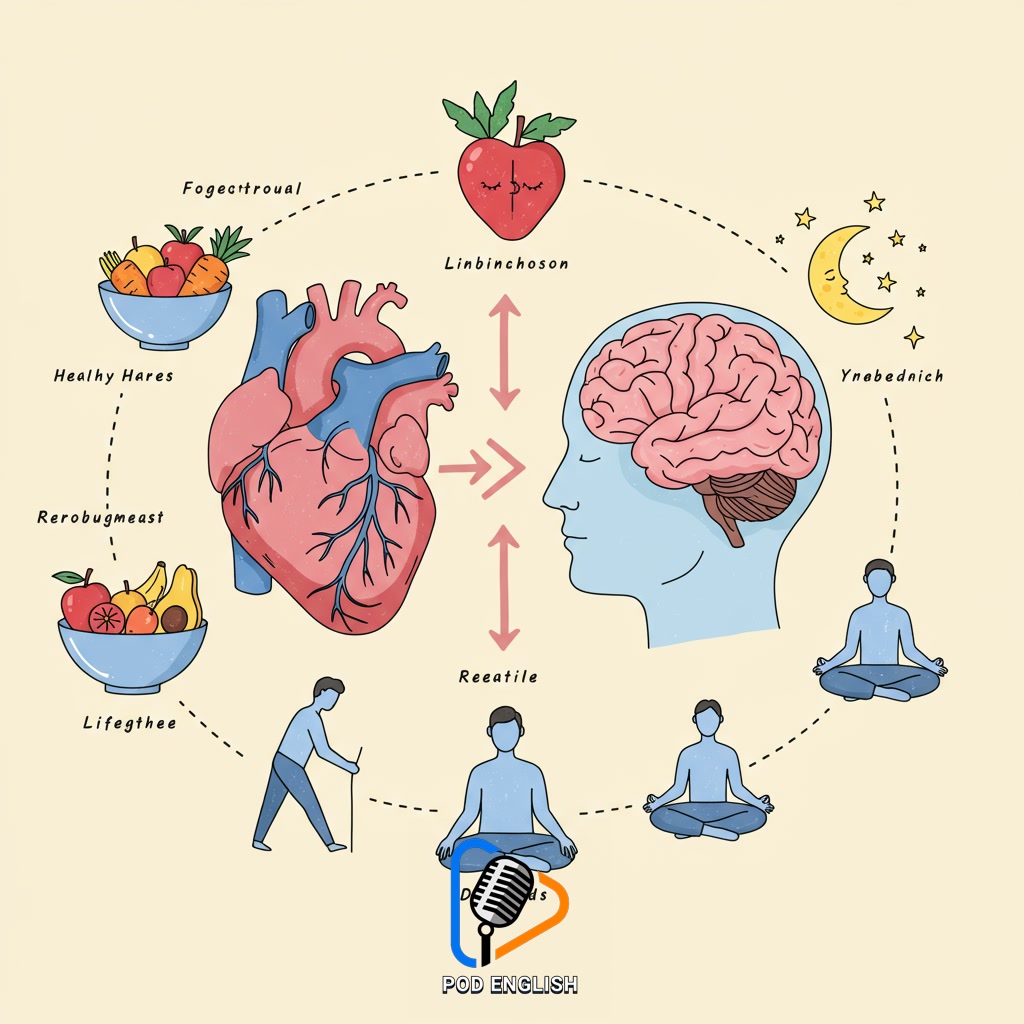
Section 4: Protecting Your Brain: Understanding Risks from Poor Heart Health
Building on the importance of healthy habits mentioned previously, it’s vital to understand *why* protecting your heart is so critical for your brain. Poor cardiovascular health, stemming from conditions like high blood pressure, high cholesterol, or atherosclerosis, directly impacts the brain by reducing the vital blood flow it needs. The brain relies heavily on a constant, robust supply of oxygen and nutrients delivered through blood vessels. When this supply is compromised due due to damaged or narrowed arteries, brain cells can be harmed, leading to cognitive issues. Serious events like strokes, often a direct consequence of poor heart health, can cause significant, permanent brain damage. Even chronic conditions resulting in reduced blood flow contribute to cognitive decline and increase the risk of vascular dementia. Recognizing these direct risks highlights the critical need to prioritize heart health as a fundamental step in protecting and preserving your brain’s function and vitality.
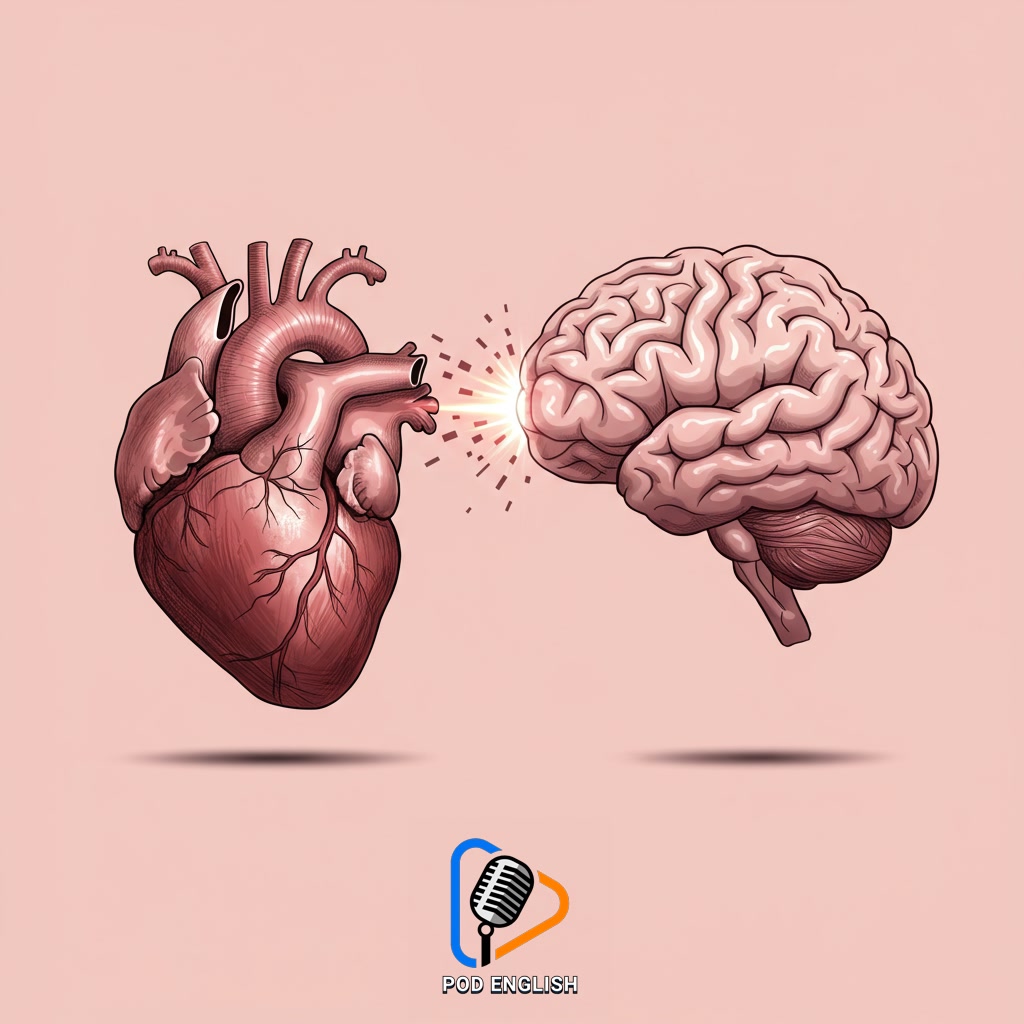
Section 5: Boosting Cognitive Functions: Enhancing Memory, Focus, and Learning
A healthy heart is essential because it pumps oxygen-rich blood efficiently to your brain. This constant supply of oxygen and vital nutrients fuels brain cells, enabling them to function optimally. When your brain receives adequate blood flow, it significantly improves its ability to perform complex tasks. This includes enhancing your memory, helping you recall information more easily, sharpening your focus and concentration, and boosting your capacity to learn and understand new concepts. By keeping your heart healthy, you are directly supporting the physical infrastructure your brain needs for peak cognitive performance, making learning and thinking more effective.
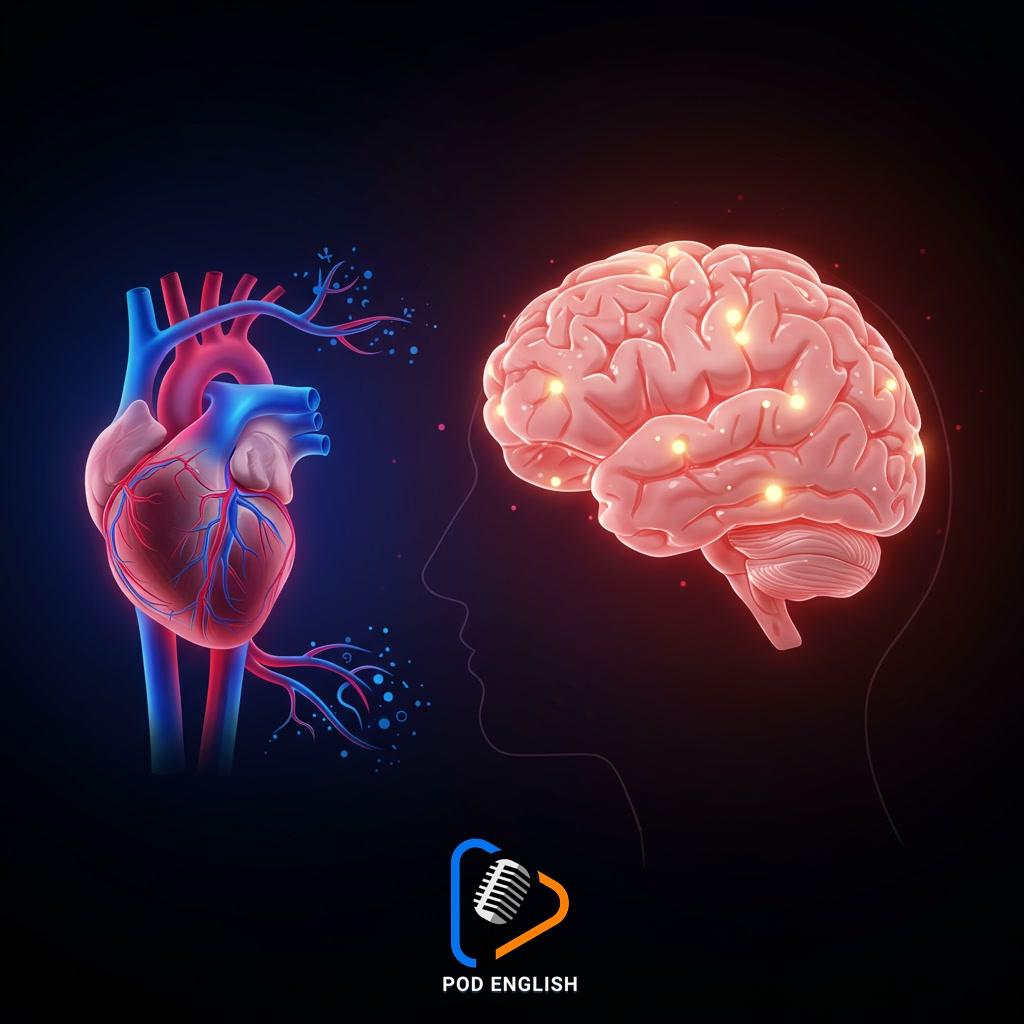
Section 6: Putting It All Together: Practical Steps for Brain-Boosting Heart Health
Following the understanding that a strong heart efficiently delivers the vital fuel your brain needs, taking practical steps is key to maximizing this connection. Simple lifestyle changes can make a significant difference. Regular physical activity, like brisk walking or swimming, improves circulation, directly benefiting both your heart and brain. Nourishing your body with a balanced diet rich in fruits, vegetables, and whole grains provides the necessary nutrients for cognitive function. Managing stress through techniques such as deep breathing or mindfulness and ensuring adequate, restful sleep are also crucial. By consistently applying these practical habits, you not only strengthen your cardiovascular system but also create an optimal environment for sharper thinking, better memory, and enhanced learning capabilities, supporting all your intellectual pursuits, including mastering new skills like English.














